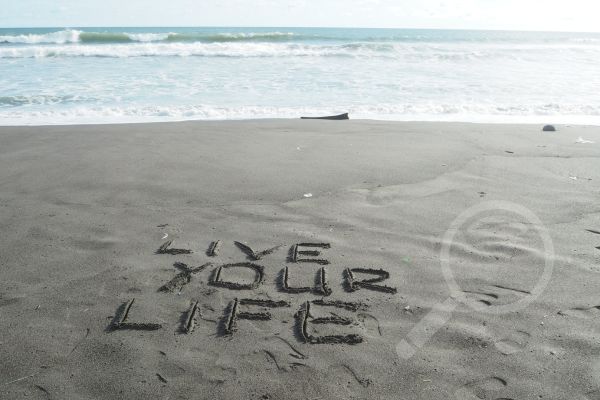Life after rehab can be both an exciting and challenging time for individuals in recovery. Completing a drug addiction program is a significant milestone in the addiction recovery journey, but it is just the beginning of a new chapter. Understanding what to expect when recovering after rehab will better prepare you to navigate this transition while maintaining sobriety and building a fulfilling life.
The Biggest Differences Transitioning from Rehab to Daily Life
The transition from a structured rehab environment to everyday life can be overwhelming. Many individuals may feel a mix of emotions, including hope, anxiety, and uncertainty, as they rejoin society after recovering from rehab. This period is a critical time for establishing a solid foundation for recovery that requires balancing the requirements of daily living while practicing relapse prevention strategies and staying the course on their addiction recovery journey.
Changes in routine
Drug rehabs are highly structured both in environment and the actions available, especially inpatient treatment programs. Addiction treatment centers do this intentionally. By minimizing the need for decision-making, it relieves individuals of unnecessary cognitive loads and allows them to focus on healing. As such, one of the most jarring changes of life after rehab is the lack of externally imposed structure.
It’s also potentially one of the most dangerous pitfalls for someone in recovery. Freedom brings with it a need for discipline and responsibility, and the opportunity of choice also carries the possibility of making bad ones. One of the most beneficial things someone can do after rehab is to create new daily routines that support their sobriety. This may include setting regular sleep schedules, engaging in healthy activities, and avoiding triggers associated with past substance use.
Changes in support network
In treatment, there’s a built-in support network of staff, therapists, doctors, and fellow patients. Outside of those walls however, it’s not a given that those same pillars of support will exist. For one, patients may not live near their treatment facility so there’s a physical barrier to maintaining that network. Then, there’s the matter of time. Real life comes at you fast and having to go out of your way to access a support network is a luxury of time that many do not have.
The transition of losing the safety net support network from rehab doesn’t have to be a shock. Make an effort to reconnect with family and friends, setting expectations (and boundaries, if need be) on how your loved ones can best support you. Support can also be found elsewhere through an intentionally created community. Engaging in support groups, such as Alcoholics Anonymous (AA) or Narcotics Anonymous (NA), can provide a sense of community and shared experiences.
Exposure to triggers
One of the biggest changes of life after rehab is facing your triggers — the situations, emotions, or environments that may lead to cravings or relapse. Ideally, treatment includes psychological care as well and has patients work with a mental health professional to understand the cause behind their addiction as well as identifying ways to work past it. A big part of that work is centered around understanding personal triggers and developing ways to overcome them.
Leaving rehab means putting all the practice and prep work into action, but talking about triggers in a secure and controlled environment is quite different from experiencing it first hand in the messy reality of “real life.” Continuing to work with a therapist outside of rehab can be very helpful in dealing with triggers successfully. On your own, practicing mindfulness and staying committed to using the tools provided in treatment are key to long-term success after rehab.
Get continued support with an Intensive Outpatient Program (IOP)
An intensive outpatient program (IOP) can be a valuable resource for individuals transitioning from rehab to everyday life. IOPs offer structured support while allowing individuals to maintain their daily responsibilities, such as work or school.
They offer flexible scheduling, allowing individuals to attend therapy sessions while managing other commitments; a means to continue therapy in a supportive environment; and continued focus on teaching relapse prevention strategies and coping skills to equip individuals with the tools they need to navigate challenges in their recovery journey.
Recovery is a lifelong process, and with the right tools and support, it can lead to a fulfilling and sober life. Embracing this new chapter with hope and determination can lead to a brighter future, free from the constraints of addiction.
